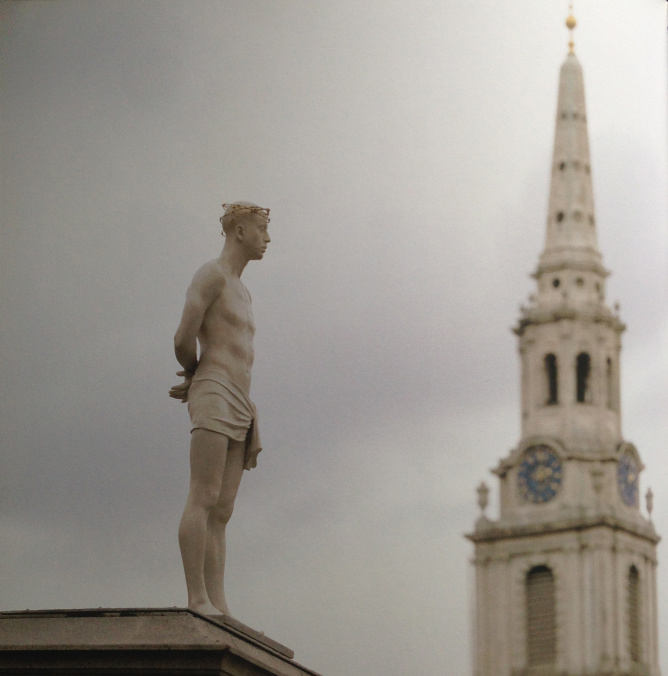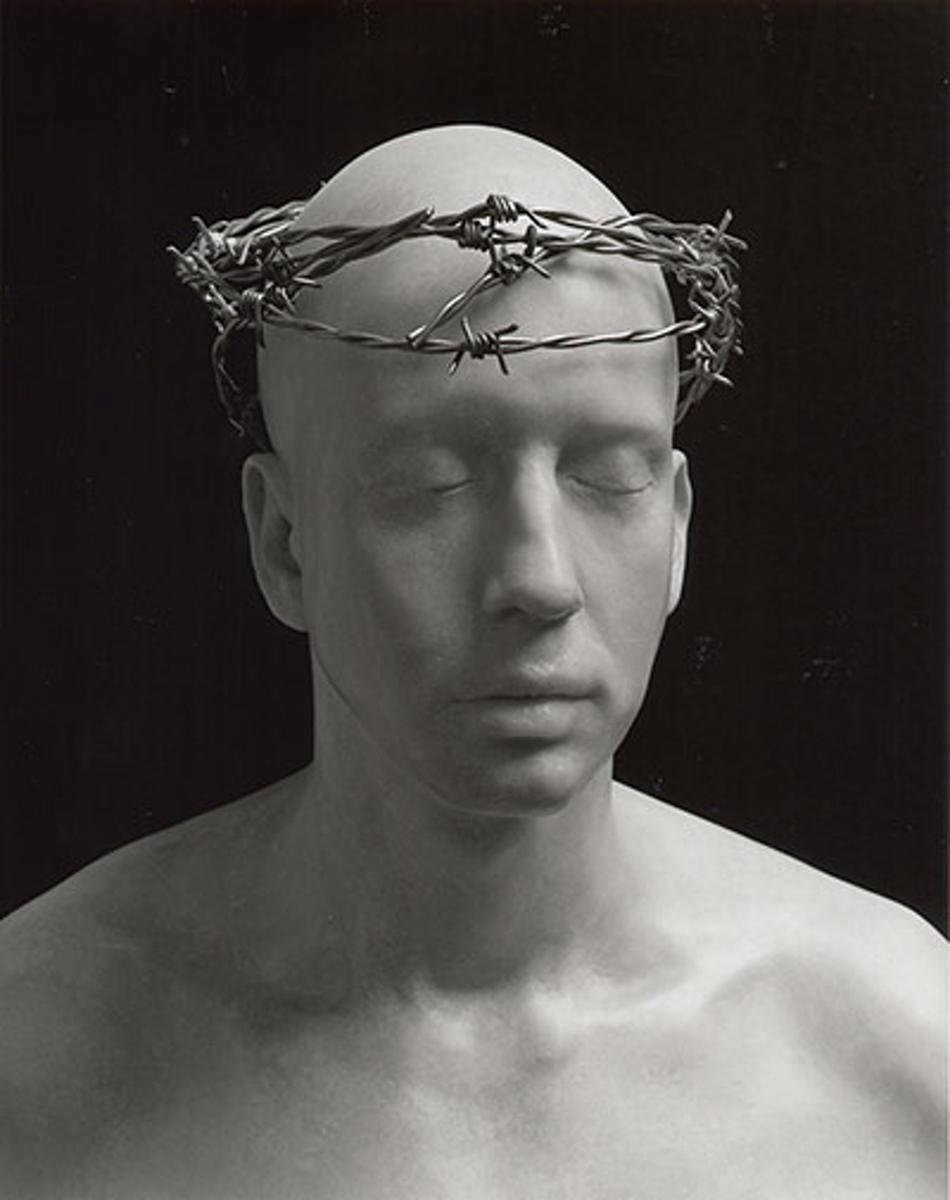March 14: A Kingdom Not of this World
♫ Music:
Monday, March 14
Scripture: John 18:36, Romans 14:17
Jesus answered, “My kingdom is not of this world. If my kingdom were of this world, my servants would have been fighting, that I might not be delivered over to the Jews. But my kingdom is not from the world.” For the kingdom of God is not a matter of eating and drinking but of righteousness and peace and joy in the Holy Spirit.
A KINGDOM NOT OF THIS WORLD
“We are pilgrims in a strange land” begins today’s song by Petra. Having been a cross-cultural missionary for thirty years, I can experientially attest to the feelings of living outside the comfort zone of my own country. But our passage today is referring to much more than living as an expat in a foreign country. “My kingdom is not of this world” is stated by Jesus Christ, God’s own Son who had willingly entered our earthly kingdom in order to declare the reality of his spiritual kingdom. And while we often focus on the promised future kingdom, Jesus was declaring that he was king now of this non-earthly kingdom. He had already taught us to pray, “Thy kingdom come, thy will be done, in earth as it is in heaven.” We, as his children, are currently ambassadors for this new kingdom. But what does that mean?
Under Pilate’s scrutiny, Jesus didn’t deny that he was a king. It is interesting that Pilate didn’t challenge this either. But Pilate couldn’t conceive of a kingdom without military support or that related to geography. Why was there no armed resistance when the king was seized? What sort of kingdom would allow for an innocent leader to be assaulted, abused and, ultimately, killed? This kingdom clearly had a different origin and character than any known kingdom. Bewildered, Pilate washed his hands and surrendered an innocent man to the mob.
Before releasing Jesus to be sentenced to death, Pilate parades Jesus before the crowd, according to John 19:5, with the enigmatic declaration, “Behold the man”. Jesus, God incarnate, king of the universe, identified completely with the ones he came to save. He was defined by his total absorption of his human state. A man of this world. A king of a heavenly kingdom.
This scene has been painted since the 10th Century and became extremely popular in Northern Europe after the 15th Century. Christ is usually presented as a lone, suffering prisoner gazing at the crowd and on to the observer. But Wallinger’s Ecce Homo (Latin for “Behold the Man”) is so much more. Made from casting a former art student with a mix of synthetic resin and white marble dust, this life-size form of a bald and beardless youth stuns the observer. Clothed only with a crown of thorns and a loin cloth, the frailty and vulnerability is enhanced by the placement of the statue on the very edge of a large plinth in Trafalgar Square, London. Surrounded by massive statues of military heroes and a king, this slight man seems to represent not only Jesus, but identifies with all the oppressed people of our earthly kingdom. The contrast is further underscored by the placement in a square with large edifices dedicated to the essence of an earthly kingdom—cultural, church, government, and commerce.
Ecce Homo was installed in 1999. One year later, I was awed as I stood at the base of the plinth, seeing it for myself. Swirling around me in the crowded square were tourists, buses, taxis, pigeons, and sellers of souvenirs and ice cream—all oblivious that a new kingdom was being declared in their midst. Conquerors and kings demanded attention. The small statue of a prisoner merely made them uncomfortable.
The essence of Christ’s kingdom is not political power or military might. The fiber of this kingdom is righteousness and love. Christ, a mere few hours later, clearly emphasizes the law of this kingdom as he cries from the cross, “Father, forgive them”. Violence gives way to forgiveness. Revenge melts into blessing. Hatred is replaced by loving our enemies. This is Christ’s kingdom. . . to be lived out now and in eternity.
As I stood in the busy square, I was aware that there were three responses to this representation of Jesus. For me, the response was heartfelt devotion, bowing in worship. Others scoffed or walked away in disgust. The majority completely ignored it. That is true for us today. When confronted with Jesus and his “upside-down kingdom”, do you bow your knee in submission? Reject the call to live out this unearthly kingdom? Or are you merely apathetic? Lent is a time of reflection so that we might clear away the trappings of our earthly culture and seriously respond to the command to “Behold. . . the man”.
PRAYER
Almighty God, give us wisdom to perceive you, intellect to understand you, diligence to seek you, patience to wait for you, eyes to behold you, a heart to meditate on you, and a life to proclaim you, through the power of the Spirit of our Lord Jesus Christ.
Amen.
- Benedict of Nursia (480-453)
Dianne B. Collard, Alumna, Cook School of Intercultural Studies
Ecce Homo
Mark Wallinger
Marbleised plastic sculpture
Temporary Installation
Trafalgar Square, London, England
About the Artist and Art
Mark Wallinger (b. 1959) is a British artist, best known for his sculpture of Christ, Ecce Homo. Wallinger is considered a major British artist having won the Turner Prize in 2007. Wallinger is noted for his social commentary and for themes of religion and death. His work, Ecce Homo, depicts the moment in which Pontius Pilate hands Christ over to the mob. Wallinger was invited to temporarily place his life-sized statue of Jesus on the edge of one of the giant plinths in London’s famous Trafalgar Square. He wished to create a similar effect to the original event by replaying this epic story in the biggest and grandest public space possible. Wallinger writes, “The internet holds out the promise that we aren’t all alienated and solipsistic, but, really, it is to religion that people turn to feel whole. Consuming the body and blood of Christ is what longing and wholeness is all about.”
About the Music
“Not of This World”
Lyrics
We are pilgrims in a strange land;
We are so far from our homeland.
With each passing day it seems so clear,
This world will never want us here.
We're not welcome in this world of wrong;
We are foreigners who don't belong.
We are strangers, we are aliens,
We are not of this world.
We are envoys, we must tarry,
With this message we must carry.
There's so much to do before we leave,
With so many more who may believe.
Our mission here can never fail,
And the gates of hell will not prevail.
We are strangers, we are aliens,
We are not of this world.
We are strangers, we are aliens,
We are not of this world
Jesus told us men would hate us,
But we must be of good cheer.
He has overcome this world of darkness,
Soon we will depart from here.
We are strangers, we are aliens,
We are not of this world.
We are strangers, we are aliens,
We are not of this world.
About the Composer/Performer
Petra is a music group regarded as a pioneer of the contemporary Christian music scene. It was formed in 1972 and took its name from the Greek word for “rock.” Though they disbanded formally in 2006, incarnations of Petra have played reunion shows in the years since. In 2013, the band returned from retirement with a new drummer and recorded a new song entitled “Holy is Your Name.” The band has released twenty studio albums, sold nearly ten million copies, and has won four Grammy Awards. Petra was the first rock band inducted into the Gospel Music Hall of Fame.
www.petraband.com


